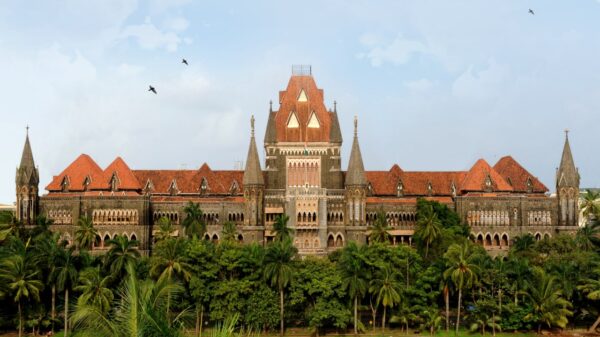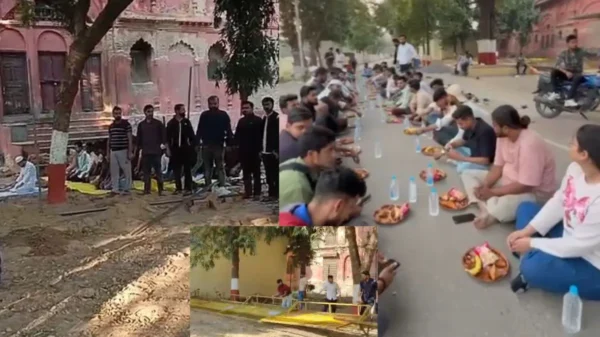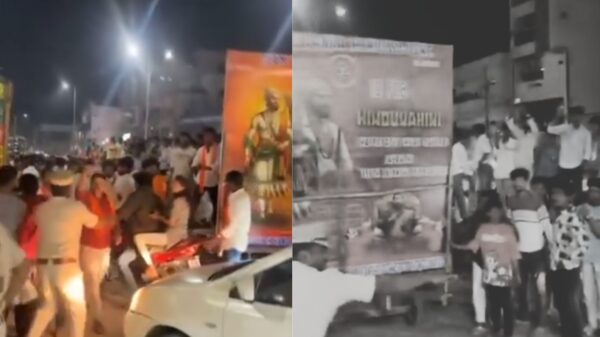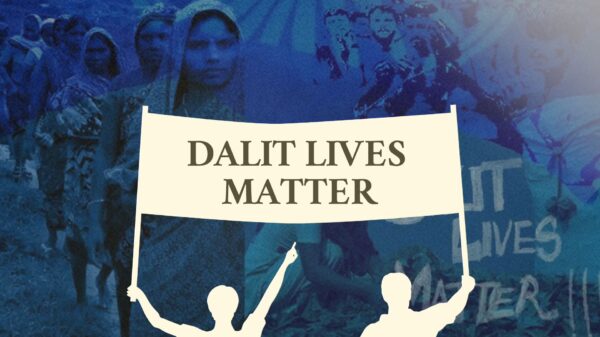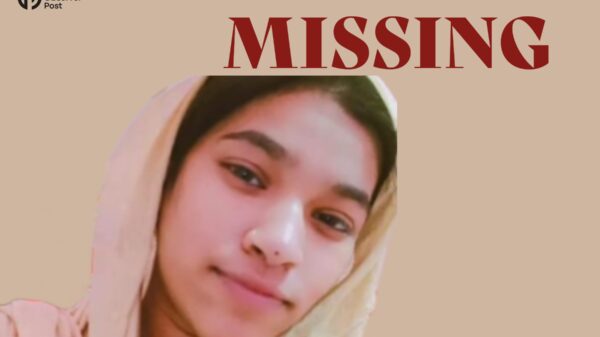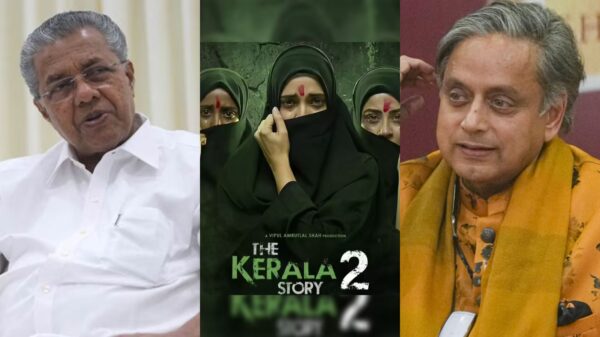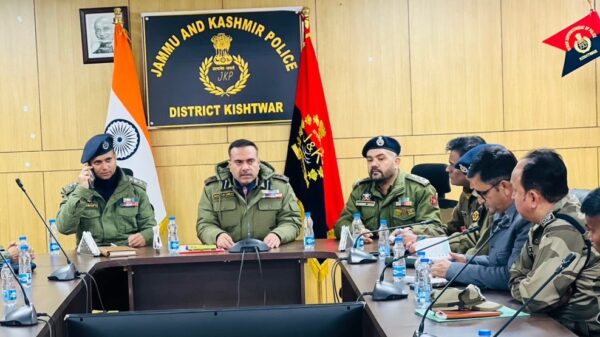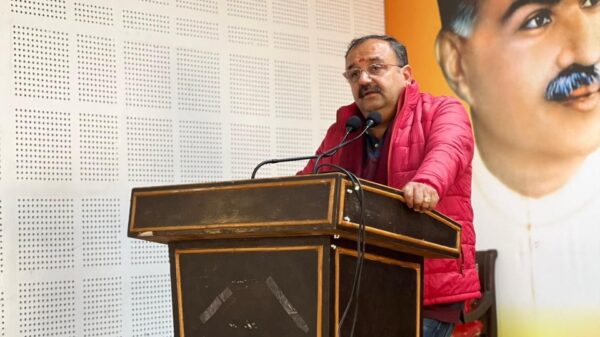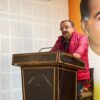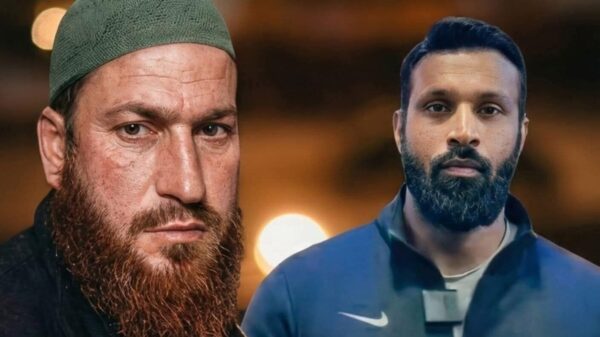The Supreme Court of India is set to deliver its verdict on the batch of petitions challenging the central government’s decision to abrogate Article 370 of the Constitution. A constitutional bench of the Supreme Court, led by Chief Justice D.Y. Chandrachud, presided over hearings where various parties and the Union government presented their arguments. The final verdict is scheduled to be announced on Monday.
The move, carried out on August 5, 2019, by the New Delhi government, revoked the special status of the former state of Jammu and Kashmir. Following this decision, there is an air of tension in the area, accompanied by apprehensions regarding possible consequences and political crackdowns.
Valley politicians, including former chief ministers Mehbooba Mufti and Omar Abdullah, have raised concerns about a possible government clampdown ahead of the verdict.
Mufti, speaking to reporters, said that the Supreme Court might uphold the government’s move and claimed that security agencies had begun collecting the names of People’s Democratic Party (PDP) workers. She stated, “Some precautionary measures are being taken, which I regret. I want to tell the Supreme Court that your responsibility is not to further the BJP agenda but is towards the integrity of the country and its Constitution.”
Omar Abdullah echoed these concerns, stating, “They need an excuse to put us under house arrest, and they have an excuse. As we are not aware of what the decision will be, so are they. If they know, then there should be an investigation.” He further revealed that his party colleagues had been informed they wouldn’t be allowed to move out of their homes on the day of the verdict.
Security measures have been intensified across Kashmir. Reports indicate that security forces have increased vehicle searches and pedestrian frisking, anticipating potential unrest following the Supreme Court’s decision. On Friday, The ADGP Law and Order, Vijay Kumar, chaired a meeting with top security officials
“All the district heads were stressed to keep an eye on the situation, and take preventive and punitive actions under the law against those who indulge in mischief, misinformation and misuse of social media. He stressed that miscreants and mischievous elements shouldn’t be allowed to vitiate the peace and harmony,” a police spokesperson told reporters.
The Jammu and Kashmir Police have also taken pre-emptive measures, launching a crackdown on social media users. A police spokesperson told media that legal proceedings have been initiated against a person from Baramulla in north Kashmir for posting “hateful videos containing inflammatory and seditious statements on social media platforms.”
“Any attempt to vitiate the environment and create issues in public order will be seen seriously and legal action will be taken,” the police said.
The crackdown on internet users follows a recent police directive under the Criminal Procedure Code (CrPC), saying that sharing content such as messages, audio files, and videos may have the potential to incite communal unrest, endorse terrorism and separatism, and would constitute a legal offence in Jammu and Kashmir.
Article 370, a key provision in the Indian Constitution, granted special status to Jammu and Kashmir, allowing the state to have its own Constitution, a separate flag, and limited jurisdiction for the Indian government. The article, negotiated by then interim Prime Minister Sheikh Abdullah in 1949, provided some autonomy to the region. However, on August 5, 2019, Prime Minister Narendra Modi’s government decided to abrogate Article 370, stripping Jammu and Kashmir of its special status.
The government’s move was accompanied by a proposal to bifurcate the state into two separate Union Territories: Jammu & Kashmir, and Ladakh.







